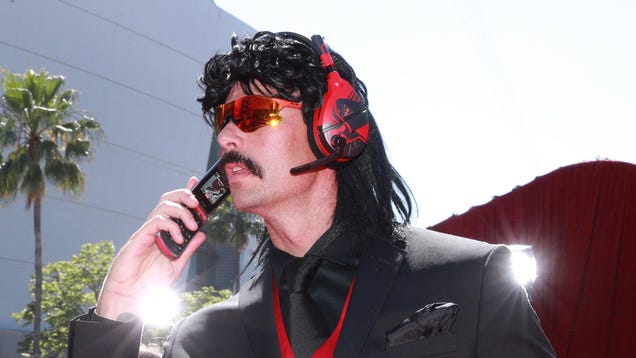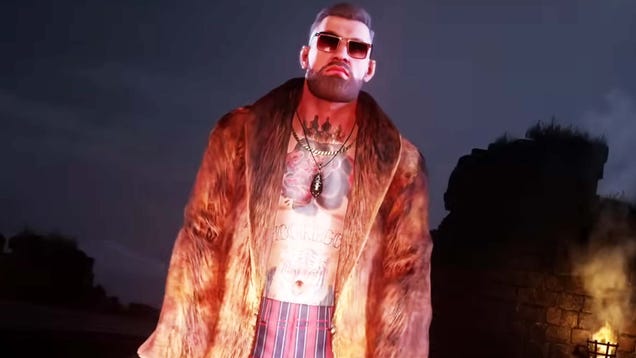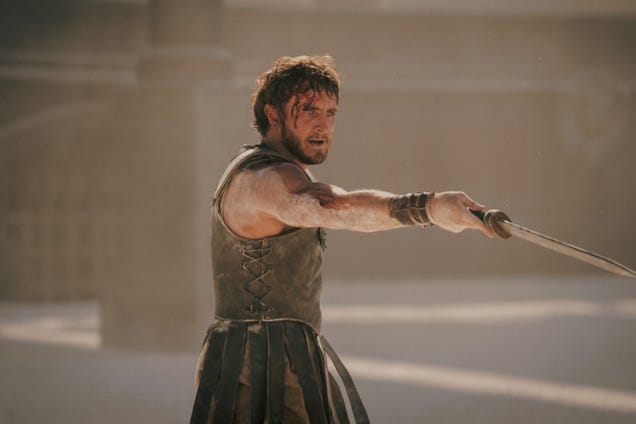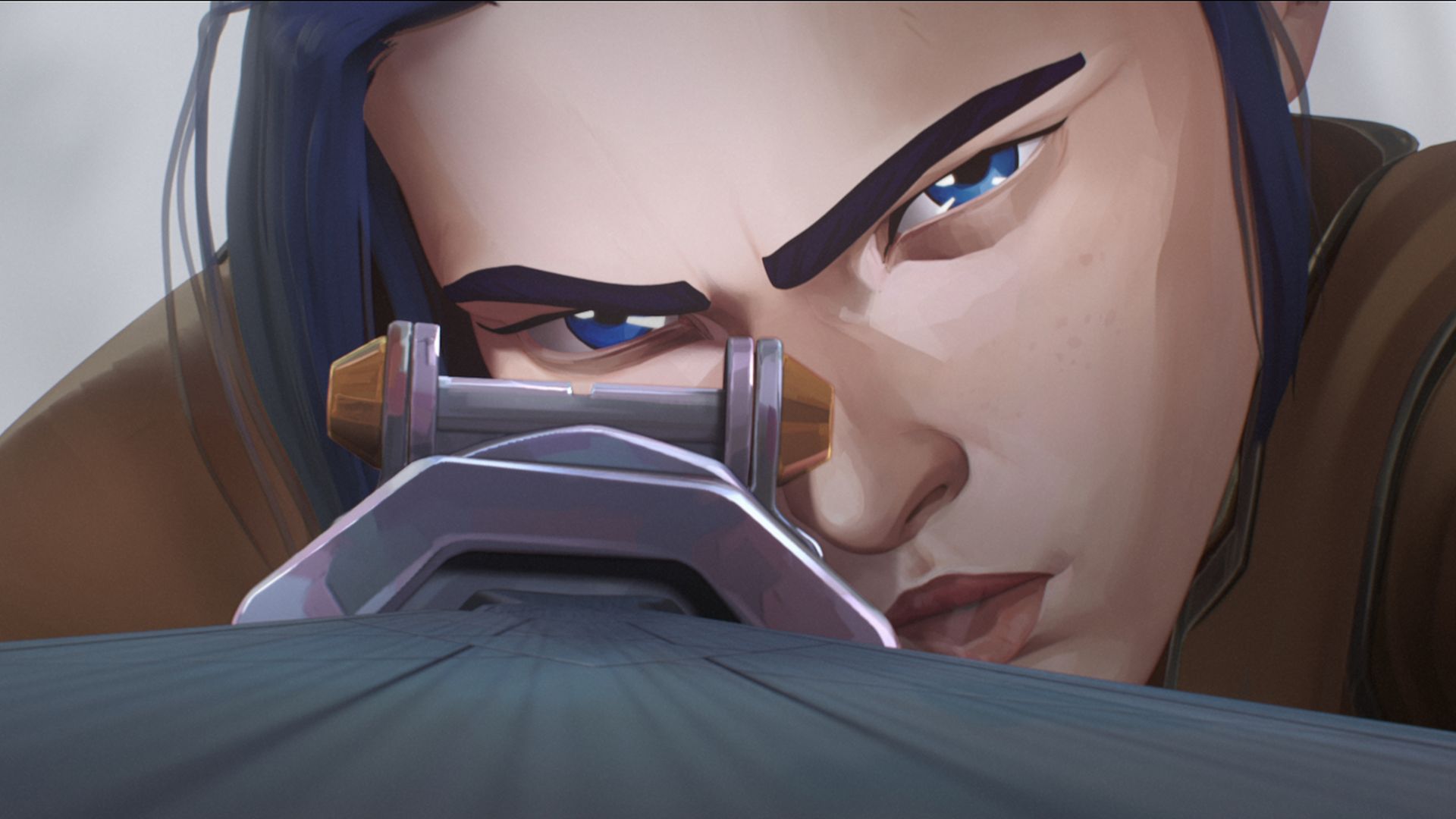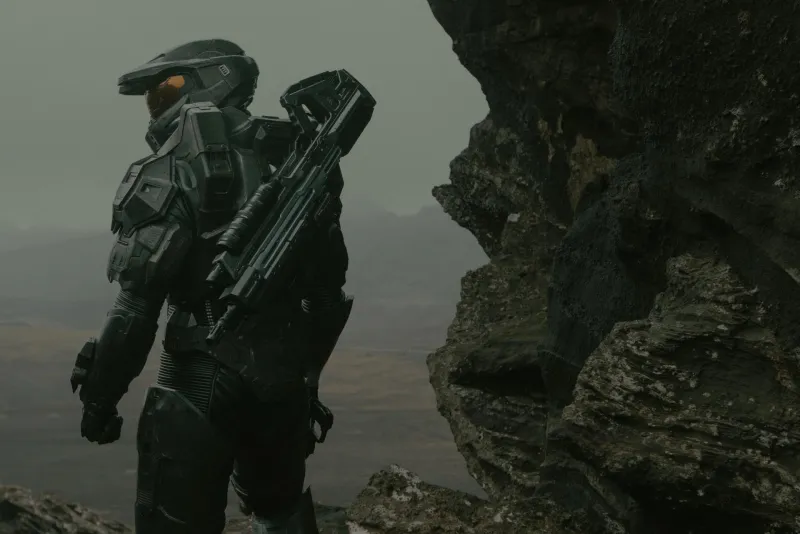
In 2022, Paramount+ finally released the first season of Halo, the long-awaited live-action adaptation of the popular video game franchise. While various action scenes served as fan-pleasing sequences, the series was maligned among the community for simply not feeling true to the source material. In addition to focusing on too many side characters and interpersonal drama, the series also took far too many liberties with its main protagonist, Master Chief. With Season 2 starting on Paramount+ this week, I sat down with Xbox's head of IP expansion and entertainment Kiki Wolfkill and Halo Season 2 showrunner and writer David Wiener to learn more about the direction they're taking. According to Wolfkill, who has worked on the Halo series since her role as executive producer on Halo 4 in 2012, making the Paramount+ series more faithful to its game series was of the utmost importance going into Season 2. Even though the team was working on Season 2 before having the opportunity to collect feedback from the series' viewers, once the reviews and fan feedback came across the team's desks, they knew that they had committed to the correct changes. "We dove into Season 2 right away, and what I would say is we had a list of things before we finished Season 1 that we wanted to do with Season 2," Wolfkill says. "What I think was great about getting to see feedback along the way, as you know, really validated some changes that we wanted to make or did give us a new perspective on some other pieces. I think in terms of feeling more Halo, we spent so much time figuring out how to make a Halo show, and now we're very much about how do we really craft this Halo story and incredible story that David's written, and how do we make it have that sort of visceral feel and intensity that those Halo stories are about, right? And how do we have every piece of it feel much more real? I think we did some great visual world-building in Season 1. I think with Season 2, it all comes together, so you really feel you're in it versus seeing pieces of it." This sophomore season makes a major change by swapping in a new writer and showrunner, David Wiener, who was charged with bringing those changes to life in the follow-up campaign. "I did present a vision, an idea of a tone that we wanted to use to tell the story, a perspective that we wanted to be in," Wiener says. "The story is told from a very subjective point of view with our Spartans through their immediate circumstances. And the result is a very kinetic, very driving, gritty, more real expression, and I think it really lends itself to the genre." Wiener, who served as showrunner for 2020's Brave New World, is said to bring a darker tone to the series, which should translate well to the story Season 2 hopes to tell. "David brought incredibly strong underpinnings, which was a critical thing for us for Season 2, both in how he wanted to tell the story, but also in the writing and characterization itself," Wolfkill says. "That was something we're really committed to being able to deliver in Season 2 on top of the tonal changes and getting back to some things that feel more Halo in their focus in terms of that groundedness." Having seen the first two episodes, the effort to get back to making sure Halo feels like Halo is evident, but I'm not sure it fully achieves that in those first two releases. Even though I've come around on Pablo Schreiber's Master Chief voice, he still removes his helmet any chance he gets when not in combat, so if you were hoping it would be as glued to his shoulders as it is in the games, you seemingly won't be more satisfied by Season 2 in that regard. And while I'm fascinated by the interpersonal and internal conflicts involving the Spartans, the first two episodes still get too bogged down by peripheral characters and universe-building in corners that don't yet feel consequential to the interesting parts of the story. Still, the concerted effort by the writing and directing team to make it feel more like the source material is evident, giving me hope for the rest of the season. However, Season 2 starts with the best scene in the series to date, showcasing Master Chief as the ruthless and beyond-capable super soldier fans of the games know him to be. In that scene, he takes on multiple Elites in a way that would make John Wick proud. "I thought it was important to establish the tone of the show from the get-go in a really strong, confident way," Wiener says. "As much as it's about a planet getting glassed, it's really about what it's like to tangle with a Sangheili warrior that's nine-foot-five and has an Energy Sword, and what's it like to anticipate that your enemy is out there in the fog that you can't see them until they're right on top of you. Introducing that component of fear; it's almost like we're horror adjacent." With the duo publicly stating that Halo Season 2 adapts The Fall of Reach storyline into live-action, I eagerly anticipate how the show portrays that pivotal event in Halo history. If you're also looking forward to that, you can watch the first two episodes on Paramount+ on February 8, with weekly releases rolling out from then.
In 2022, Paramount+ finally released the first season of Halo, the long-awaited live-action adaptation of the popular video game franchise. While various action scenes served as fan-pleasing sequences, the series was maligned among the community for simply not feeling true to the source material. In addition to focusing on too many side characters and interpersonal drama, the series also took far too many liberties with its main protagonist, Master Chief. With Season 2 starting on Paramount+ this week, I sat down with Xbox’s head of IP expansion and entertainment Kiki Wolfkill and Halo Season 2 showrunner and writer David Wiener to learn more about the direction they’re taking.
According to Wolfkill, who has worked on the Halo series since her role as executive producer on Halo 4 in 2012, making the Paramount+ series more faithful to its game series was of the utmost importance going into Season 2. Even though the team was working on Season 2 before having the opportunity to collect feedback from the series’ viewers, once the reviews and fan feedback came across the team’s desks, they knew that they had committed to the correct changes.
“We dove into Season 2 right away, and what I would say is we had a list of things before we finished Season 1 that we wanted to do with Season 2,” Wolfkill says. “What I think was great about getting to see feedback along the way, as you know, really validated some changes that we wanted to make or did give us a new perspective on some other pieces. I think in terms of feeling more Halo, we spent so much time figuring out how to make a Halo show, and now we’re very much about how do we really craft this Halo story and incredible story that David’s written, and how do we make it have that sort of visceral feel and intensity that those Halo stories are about, right? And how do we have every piece of it feel much more real? I think we did some great visual world-building in Season 1. I think with Season 2, it all comes together, so you really feel you’re in it versus seeing pieces of it.”
This sophomore season makes a major change by swapping in a new writer and showrunner, David Wiener, who was charged with bringing those changes to life in the follow-up campaign. “I did present a vision, an idea of a tone that we wanted to use to tell the story, a perspective that we wanted to be in,” Wiener says. “The story is told from a very subjective point of view with our Spartans through their immediate circumstances. And the result is a very kinetic, very driving, gritty, more real expression, and I think it really lends itself to the genre.”
Wiener, who served as showrunner for 2020’s Brave New World, is said to bring a darker tone to the series, which should translate well to the story Season 2 hopes to tell. “David brought incredibly strong underpinnings, which was a critical thing for us for Season 2, both in how he wanted to tell the story, but also in the writing and characterization itself,” Wolfkill says. “That was something we’re really committed to being able to deliver in Season 2 on top of the tonal changes and getting back to some things that feel more Halo in their focus in terms of that groundedness.”
Having seen the first two episodes, the effort to get back to making sure Halo feels like Halo is evident, but I’m not sure it fully achieves that in those first two releases. Even though I’ve come around on Pablo Schreiber’s Master Chief voice, he still removes his helmet any chance he gets when not in combat, so if you were hoping it would be as glued to his shoulders as it is in the games, you seemingly won’t be more satisfied by Season 2 in that regard. And while I’m fascinated by the interpersonal and internal conflicts involving the Spartans, the first two episodes still get too bogged down by peripheral characters and universe-building in corners that don’t yet feel consequential to the interesting parts of the story. Still, the concerted effort by the writing and directing team to make it feel more like the source material is evident, giving me hope for the rest of the season.
However, Season 2 starts with the best scene in the series to date, showcasing Master Chief as the ruthless and beyond-capable super soldier fans of the games know him to be. In that scene, he takes on multiple Elites in a way that would make John Wick proud. “I thought it was important to establish the tone of the show from the get-go in a really strong, confident way,” Wiener says. “As much as it’s about a planet getting glassed, it’s really about what it’s like to tangle with a Sangheili warrior that’s nine-foot-five and has an Energy Sword, and what’s it like to anticipate that your enemy is out there in the fog that you can’t see them until they’re right on top of you. Introducing that component of fear; it’s almost like we’re horror adjacent.”
With the duo publicly stating that Halo Season 2 adapts The Fall of Reach storyline into live-action, I eagerly anticipate how the show portrays that pivotal event in Halo history. If you’re also looking forward to that, you can watch the first two episodes on Paramount+ on February 8, with weekly releases rolling out from then.
